مضمون کا ماخذ : sorteos dupla sena
متعلقہ مضامین
-
ڈنر فوڈ آفیشل تفریحی ویب سائٹ
-
روحانی دنیا کے عجائبات کا سرکاری تفریحی پورٹل
-
BG آن لائن قابل اعتماد بیٹنگ پلیٹ فارم: محفوظ اور منصفانہ تجربہ
-
NA rebuffs SCs order, withdraws branch letter
-
Two suspects remanded to police custody till Dec 2 in Sabri case
-
209 cases of torture, harassment reported by women
-
FIA arrests four human smugglers
-
کیلونگ آفیشل گیم پلیٹ فارم ویب سائٹ: ایک جدید گیمنگ کا تجربہ
-
ڈریگن ہیچنگ آفیشل انٹرٹینمنٹ ویب سائٹ کا تعارف
-
باکاراٹ آفیشل گیم پلیٹ فارم: ایک پرکشش اور محفوظ تجربہ
-
لاٹری سٹی ایماندار بیٹنگ لنکس کی اہمیت اور جدید طریقہ کار
-
ڈائس ہائی اور لو انٹیگریٹی انٹرٹینمنٹ لنک کی اہمیت اور جدید رجحانات

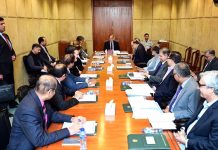



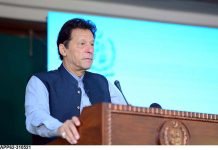
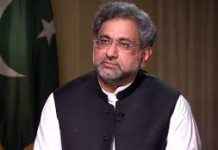
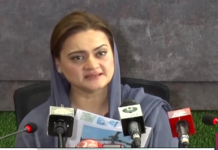
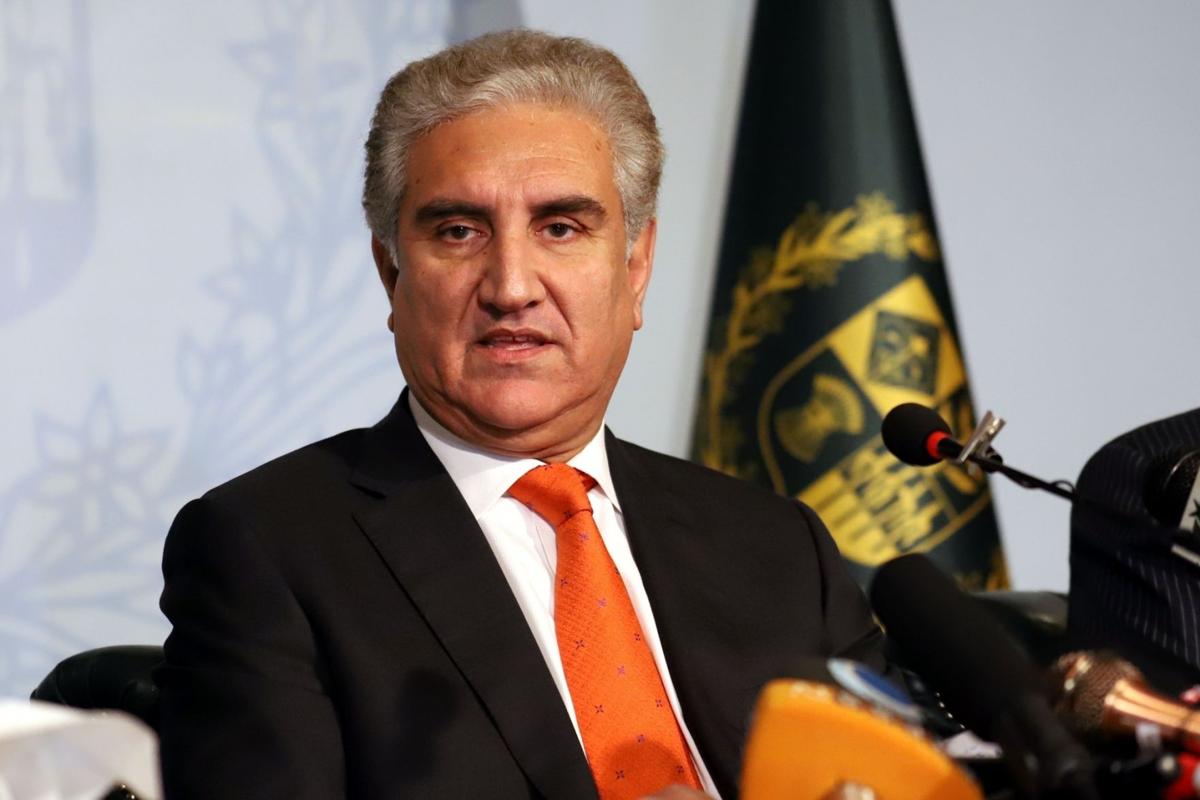



.jpg)

